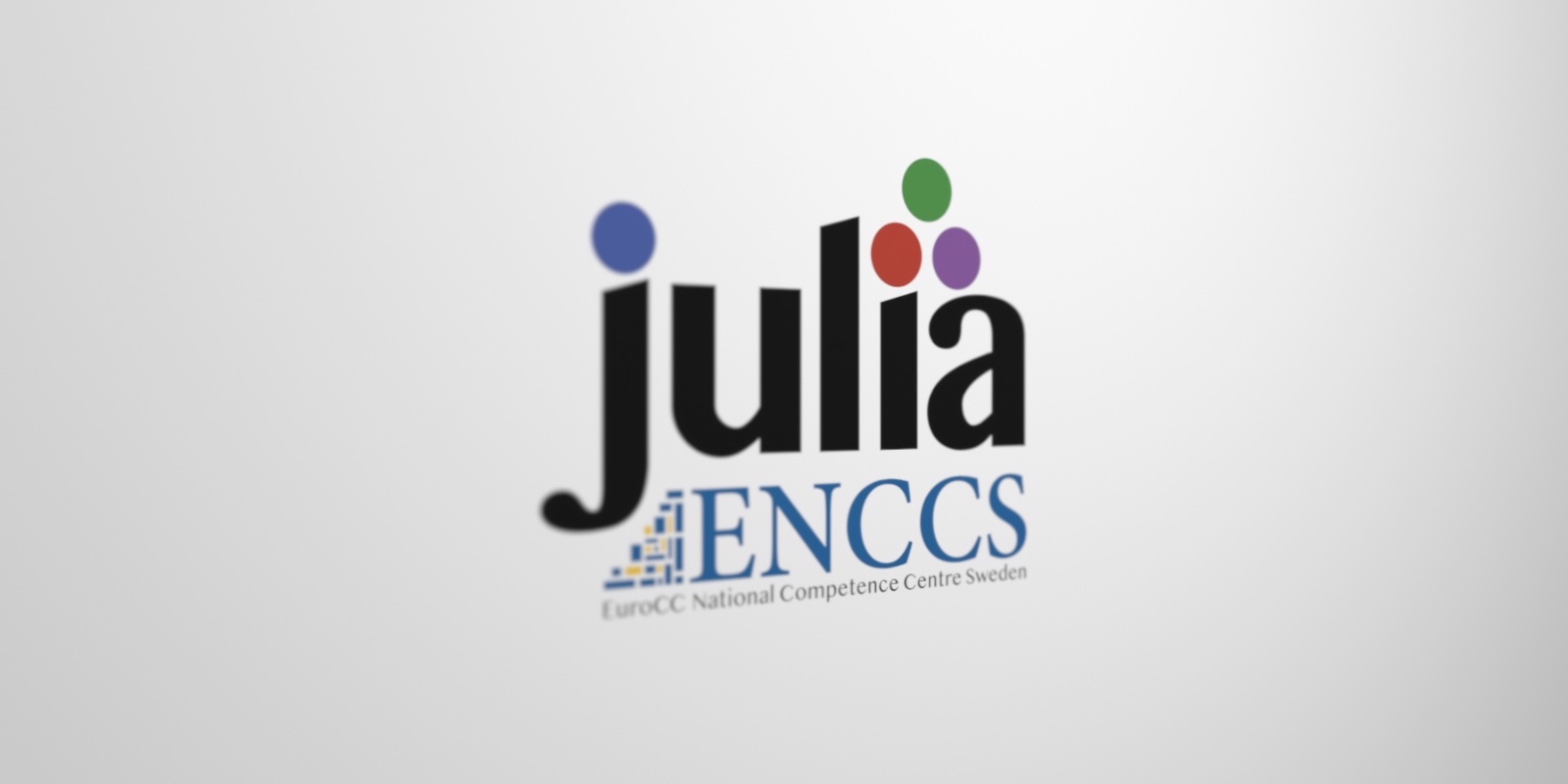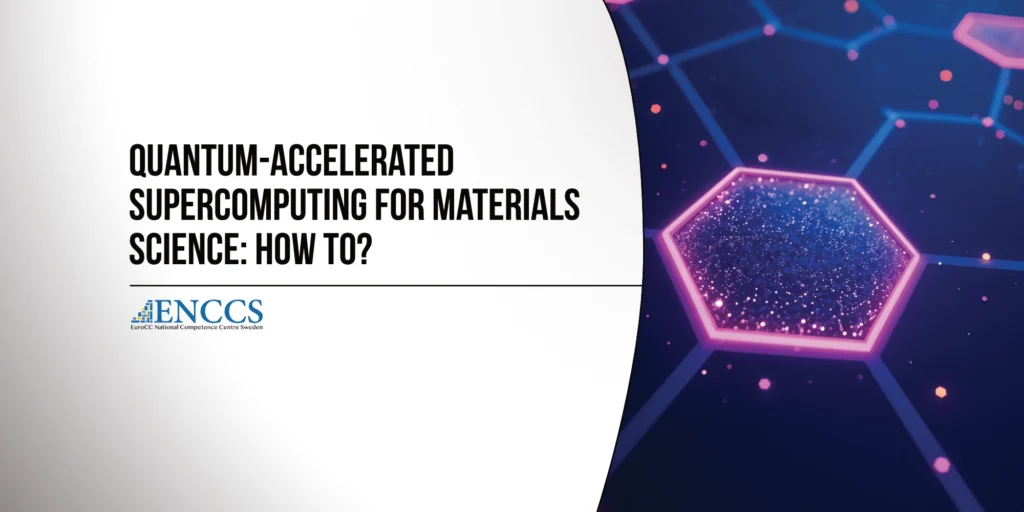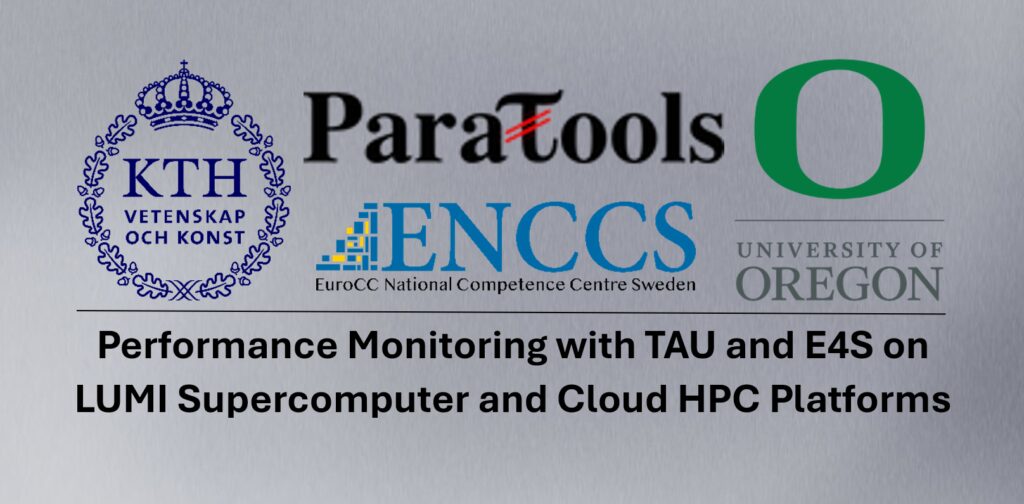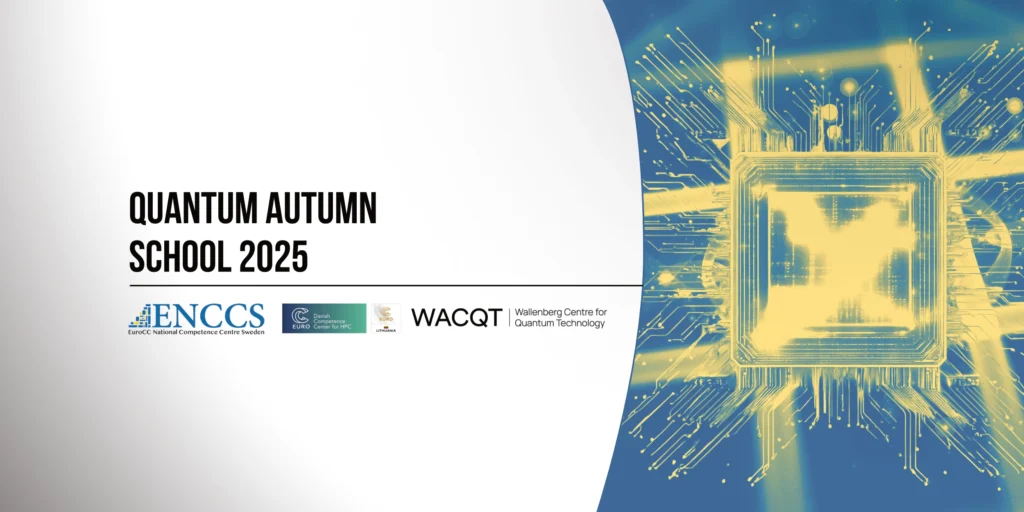
- This event has passed.
Julia for High-Performance Scientific Computing

Overview
Julia is a modern high-level programming language which is both fast (on par with traditional HPC languages like Fortran and C) and relatively easy to write like Python or Matlab. It thus solves the “two-language problem”, i.e. when prototype code in a high-level language needs to be combined with or rewritten in a lower-level language to improve performance. Although Julia is a general-purpose language, many of its features are particularly useful for numerical scientific computation, and a wide range of both domain-specific and general libraries are available for statistics, machine learning and numerical modeling. The language supports parallelization for both shared-memory and distributed HPC architectures, and native Julia libraries are available for running on GPUs from different vendors.
This online workshop will start by briefly covering the basics of Julia’s syntax and features, and then introduce methods and libraries which are useful for writing high-performance code for modern HPC systems. After attending the workshop you will:
- Be comfortable with Julia’s syntax, in-built package manager, and development tools.
- Understand core language features like its type system, multiple dispatch, and composability.
- Be able to write your own Julia packages from scratch.
- Have an overview of Julia’s parallelization and GPU-porting strategies and know-how to get started using them.
- Be familiar with key Julia libraries for scientific modeling, visualization, and machine learning.
Prerequisites
The workshop is intended for researchers who are familiar with one or more other languages like Python, R, Matlab, C/C++ or Fortran but would like to learn an exciting modern high-performance language.
Basic experience with working in a terminal is also beneficial. Participants are expected to install Julia, Jupyter and Zoom before the workshop starts.
Preliminary Agenda
Tuesday 15 February 2022
[ninja_tables id=”12602″]
Wednesday 16 February 2022
[ninja_tables id=”12603″]
Registration
Please register by following this link https://events.prace-ri.eu/event/1294/registrations/954/
For questions regarding this event please contact us at training@enccs.se.
————
This training is intended for users established in the European Union or a country associated to Horizon 2020.










